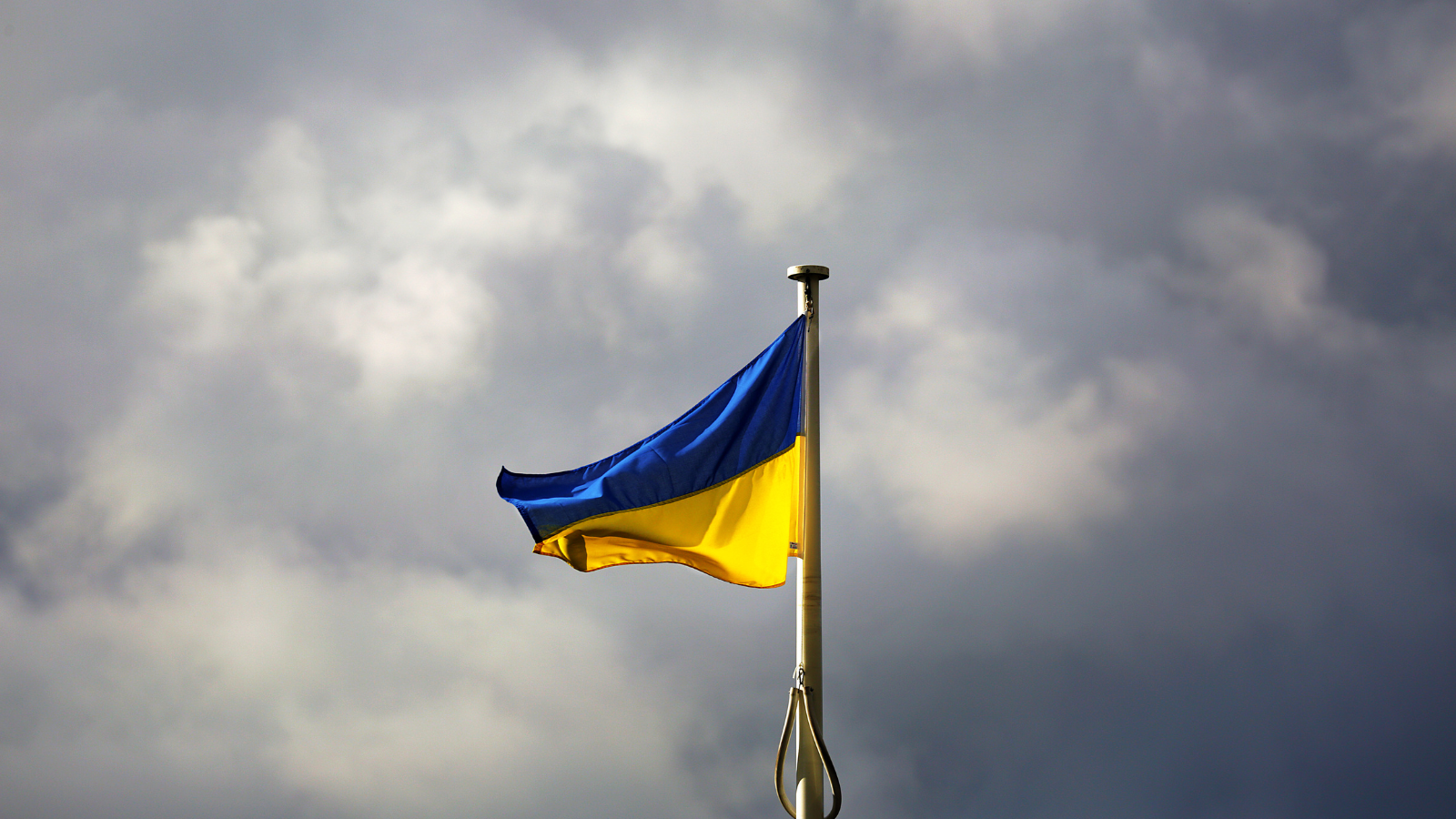Reducing Emissions for Global Food Companies is Critical
🍟 Reducing Emissions for Global Food Companies is Critical.
Some global food companies, like McDonald's and PepsiCo, are struggling to reduce emissions across their value chains, despite ambitious sustainability goals. McDonald's, for instance, aimed to reach net-zero emissions by 2050 but saw its emissions increase by 12 percent in 2021 compared to its 2015 baseline. Much of these emissions are from Scope 3 sources, including suppliers like farmers. To address this, some companies are using carbon markets, such as Truterra and Indigo AG, to incentivize farmers to adopt more sustainable practices like "no-till" farming. However, there are concerns about the accuracy and durability of carbon offsets in agricultural carbon markets and the need for rigorous soil sampling to verify carbon content accurately.
President Biden has unveiled a series of investments totaling over $5 billion as part of his commitment to rural America.
David W. Chen and Jon Cherry embarked on an 800-mile journey across Kentucky, exploring the political dynamics of agriculture in the state.
Some global food companies, like McDonald's and PepsiCo, are struggling to reduce emissions across their value chains, despite ambitious sustainability goals.
A prolonged period of hot, dry weather has caused the Mississippi River's water levels to drop significantly, leading to transport restrictions for barge companies.
The U.S. food and agriculture sector faces ongoing challenges from the pandemic, rising costs, and labor shortages.
The United Nations-brokered Black Sea Grain Initiative, which has facilitated the safe export of 32 million metric tons of food from Ukraine, is set to expire on July 18.
Enhancing resilience in food supply chains is crucial to avoid hunger, price spikes, and agricultural market struggles experienced during crises such as the pandemic and conflicts like the one in Ukraine.
According to the Wall Street Journal, the worst avian-influenza outbreak in United States history has been spreading through domestic poultry flocks for the past twelve months.
The world’s largest grower of the robusta variety of coffee beans is in Vietnam, and they’re experiencing a large crop this season.
Mississippi River shows little signs of relief.
Spoke too soon - the Mississippi isn’t out of the woods yet.
Due to a lack of rainfall and dry conditions, the Mississippi River encountered quite a logjam last week as thousands of boats and barges tried to avoid running aground.
The United Nations Food and Agriculture Organization (FAO) is fighting to protect food and agriculture from invasive species after pointing off that climate change and international trade are putting the earth at serious risk.
Want more soy? Brazil is here to get you what you need.
While the latest tech is being implemented in farms across the world, hackers lie in wait to cause chaos in AI-operated machinery.


















The United Nations' Food & Agriculture Organization (FAO) is set to release a global food systems' roadmap during the COP28 climate summit in Dubai, which will recommend Western countries, including the United States, to reduce their meat consumption as part of efforts to cut greenhouse gas emissions.